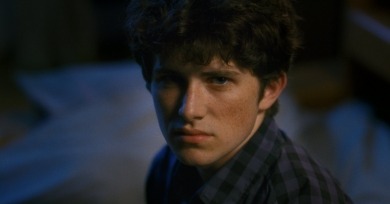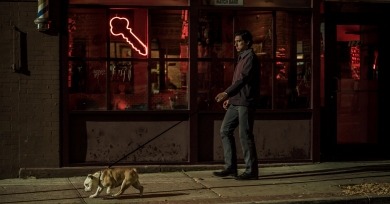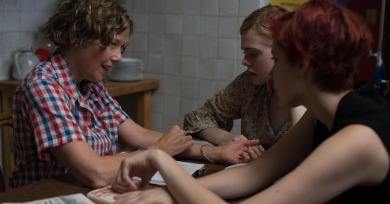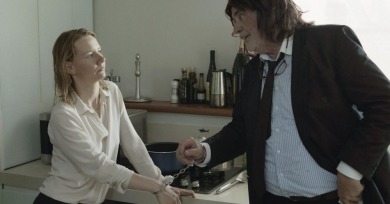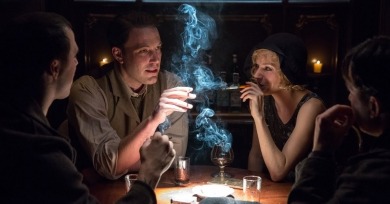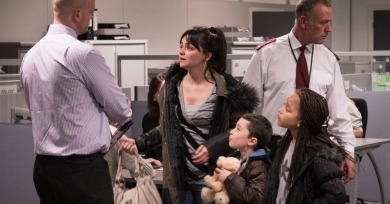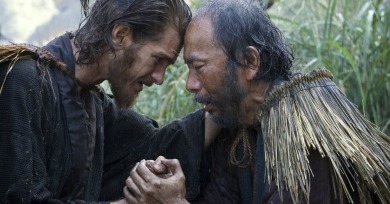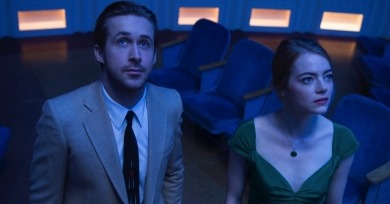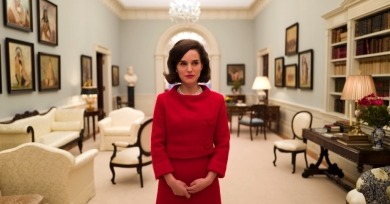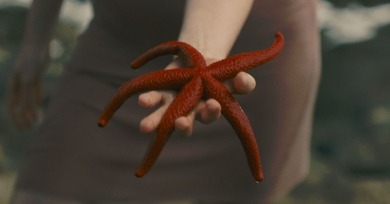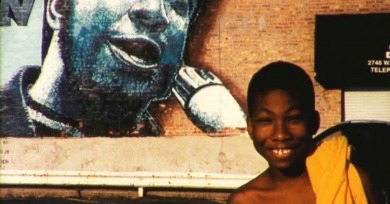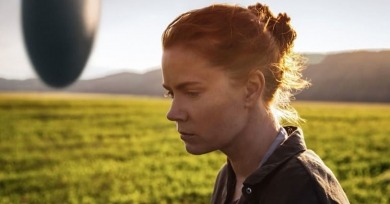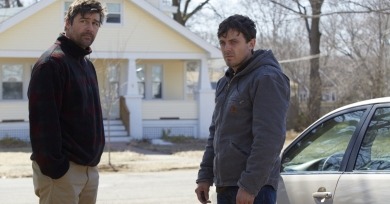Reviews
The deft deployment of overt symbolism, coupled with an empathetic attention to the emotional travails of the characters, allows the film to operate equally well as a theologic parable, an existential comedy, and an anachronistic family drama.
If good art has to on some level be working against something then lately Jarmusch, with this film and Only Lovers Left Alive, seems to be valiantly fighting time and tide. In his ever gentle way, he has found a new urgency.
As Bening plays her, Dorothea is sarcastic and salty in one scene, deeply serious in the next. She is prone to speaking in hoary neologisms, dispensing wisdom when no one asked for it.
The ability of director Maren Ade to wring, in precise order and proportion, moments of amazement, humiliation, fear, guilt, longing, acceptance, and, above all, catharsis, out of the material in the final stretch verges on authentic genius.
The distance between what Affleck imagines his screen presence to be and what it in fact is constitutes a yawning gorge in Live by Night, and free-falling through this vast, cavernous space you can find a few fleeting moments of giddy pleasure before the final thud.
I, Daniel Blake is a film not about injustice (which we can all read about), but about hardship (which we do not) and how its victims cope with it. We are never allowed to forget the inhumane backdrop, via the mind-numbing repetition of ghastly, subliterate welfare terminology.
His output in the decade since Volver (2006), from Broken Embraces to The Skin I Live In to I’m So Excited, has lacked the charge and spontaneity of his finest work. Julieta has awoken him from this recent stupor.
The padre and the psychopath are figures situated at either end of his career, but as they gaze at their reflections, they also mirror one another: one can find within these two very different films the parallel plights of men in the midst of desperate introspection.
I suspect Chazelle will be a name to watch for some time to come, and his third feature suggests that he has some definite ideas about popular moviemaking. Would I maybe loathe it a little less if it were not so unimpeachably competent?
It is a laborious ordeal of unceasing histrionic assault and gymnastic hysterics, in its way a feminine counterpart to the monotonous masculine trudge of The Revenant, though Jackie has the decency at least to be brief.
A one-woman filmmaking army, Stratman exhibits a knack for choosing historically significant locations and then, through careful framing, the addition of the right sounds, the introduction of primary source texts and other unexpected choices, slowly unpacks the history of the place we are looking at.
Human languages are processed sequentially: left to right, right to left, top to bottom. Arrival draws parallels between our understanding of sentences and our notions of time and space, and then envisions a world without these boundaries.
With his willingness to throw ordinary characters into almost unbearably tragic situations from which no greater meaning seems salvageable, Lonergan stands apart from the bulk of American narrative directors working today.
